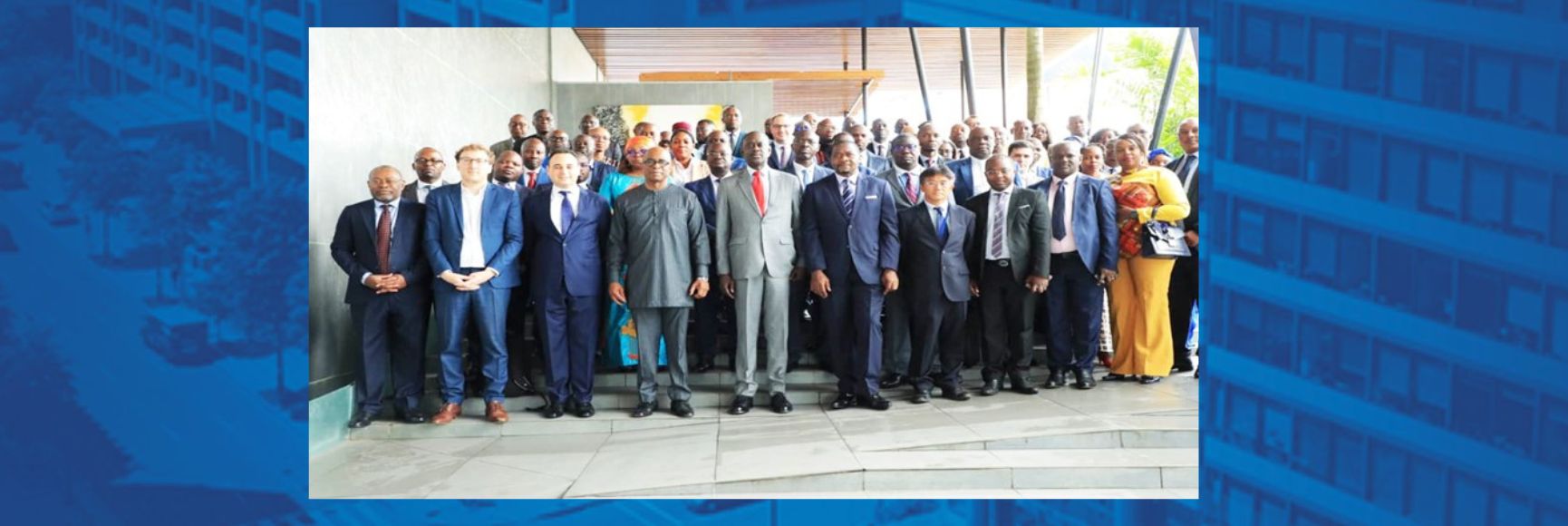
Posted by Enock Bulime[1]
The impact of COVID-19, the associated lockdowns and other containment measures, could result in new socio-economic inequalities in Uganda and exacerbate the existing gaps between the rich and the poor, including the vulnerable. However, a more credible and supportive fiscal policy could reduce the intensity and magnitude of the expected increase in inequality.
The government has undertaken various fiscal measures to support lives, livelihoods and the overall economy in response to the pandemic. These include increasing the health ministry’s budget, providing food relief and cash transfers, implementing livelihood programs like Emyooga[2] and deferring the payment of taxes such as the Corporate Income Tax and the Presumptive Tax, among others. IMF (2021) estimates that Uganda’s total fiscal response to the pandemic was US$ 0.9 billion (2.1% of GDP) between January 2020 and July 2021. Of this, additional spending or foregone revenue is US$ 0.7 billion (1.6% of GDP) and liquidity support is US$ 0.2 billion (0.5% of GDP).
Despite these efforts, COVID-19 may well worsen existing inequalities. While the overall distributional effects of COVID-19 on inequality cannot be estimated accurately at present, some of the pathways are well known and are already operating. The poor and vulnerable have already been hit hardest by the pandemic and containment measures. These measures have constrained access to services (education, health care and the internet) and food supplies, partly because of low and declining household incomes. Limited access to land for food production has exacerbated food insecurity.
Further, the poor and vulnerable in Uganda are mainly employed in the informal sector, and thus are more likely to lose their jobs. Yet they have limited access to social protection such as health insurance and social security. Whereas the rich can work remotely, most poor and vulnerable people are in jobs that cannot be done at home. Moreover, the rich are more likely to benefit from the relaxation of lockdowns because they are mainly in formal employment and are highly skilled and hence can easily return to work or find new employment.
Nevertheless, a more credible and supportive fiscal policy can play a key role in alleviating the effect of COVID-19 on inequality. First, there is an urgent need to prioritise and invest in the social services sectors, especially health and education amidst competing fiscal priorities–speed is of the essence. Second, the government needs to work closely with the non-state actors such as CSOs and development partners to invest in and strengthen existing employment initiatives – more integrated and job intensive interventions are critical. Third, supporting increased access and usage of the internet, and rethinking the present 12 percent tax levy on data is crucial. Fourth, investing in climate smart and sustainable agriculture is obvious because of the need to abate increasing food inequality and insecurity. Lastly, the government needs to fast track the implementation of its National Social Protection Policy (2015) provisions and interventions such as the development of appropriate social security products for the informal sector, even before the COVID-19 mist lifts.
The government can implement those proposals without compromising fiscal and debt sustainability through several measures. First, by reallocating expenditure from activities that are not essential in supporting lives, livelihoods and economic recovery. Second, by leveraging partnerships (both financial and technical) with the development partners and the private sector, especially in the health and education sectors where the government benefits greatly from grants. Thirdly, by anchoring the fiscal response in the Charter for Fiscal Responsibility – the government’s strategy to guarantee sustainable fiscal balances and public debt levels in the medium and long term.
Finally, lessons learned from the recent fiscal response to the pandemic reveal that its effectiveness was constrained by the poor targeting of beneficiaries, corruption, poor planning and sequencing of interventions, inadequate transparency and accountability and limited fiscal space. The government needs to pragmatically address these drawbacks and boost domestic resource mobilisation efforts.
In conclusion, a renewed, more credible and supportive fiscal policy is critical in curtailing further increases in inequality. Countries rarely achieve greater equality in the absence of strong and well-targeted fiscal interventions.
[1] Economic Policy Research Centre, Makerere University, Uganda.
[2] A Presidential Initiative on Wealth and Job Creation with two major components: a funding component to provide seed capital for special interest enterprising groups (implemented by the Ministry of Finance) and a component focusing on the establishment of zonal artisan parks (implemented by the Office of the President).
Note: The posts on the IMF PFM Blog should not be reported as representing the views of the IMF. The views expressed are those of the authors and do not necessarily represent those of the IMF or IMF policy.





